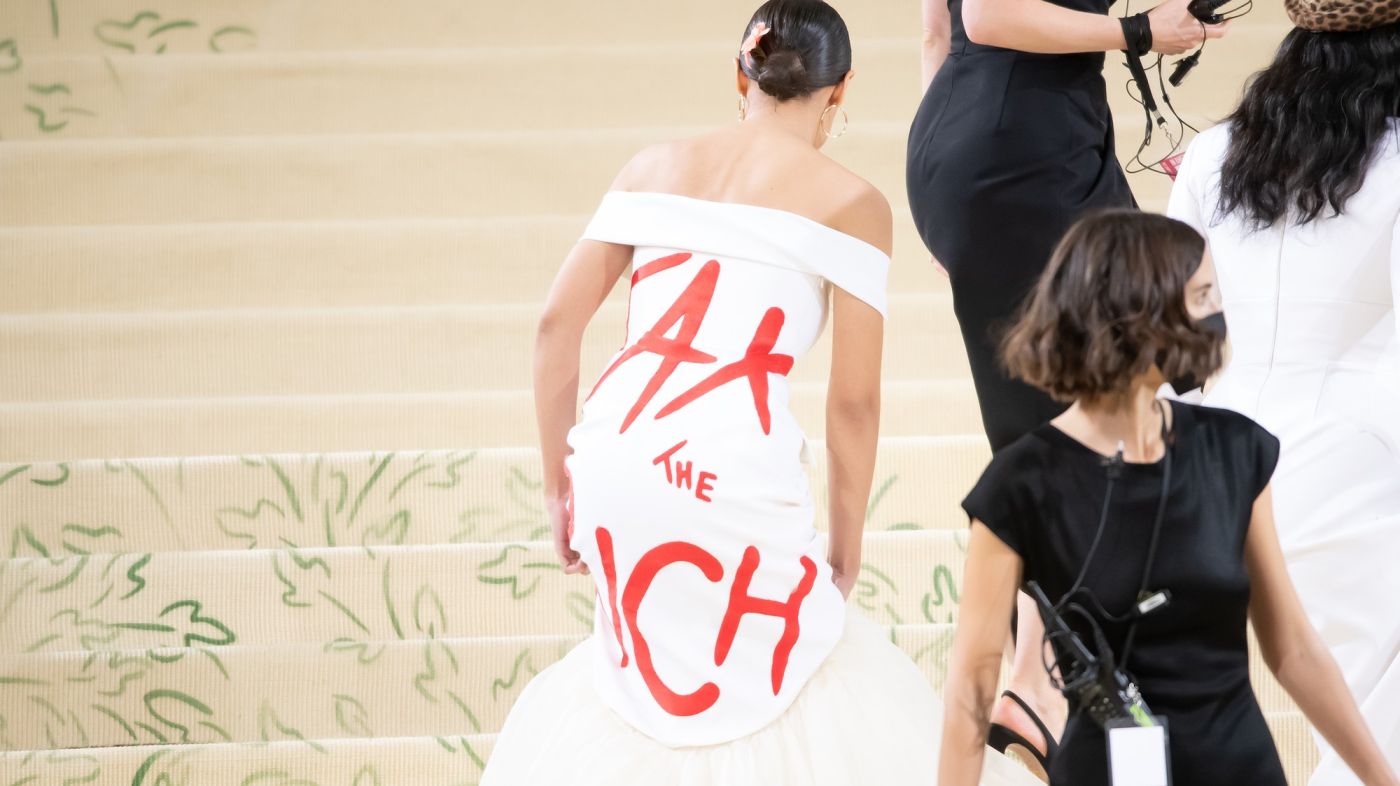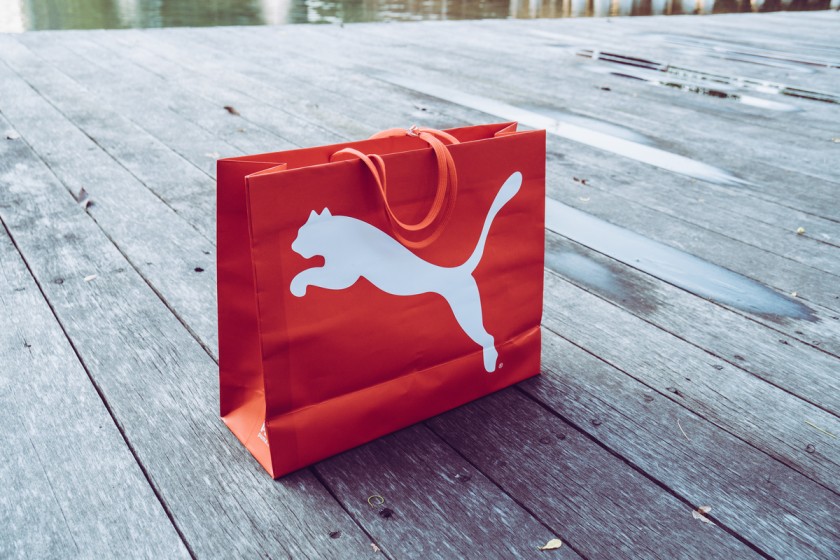Where is the Shein Warehouse in the USA?

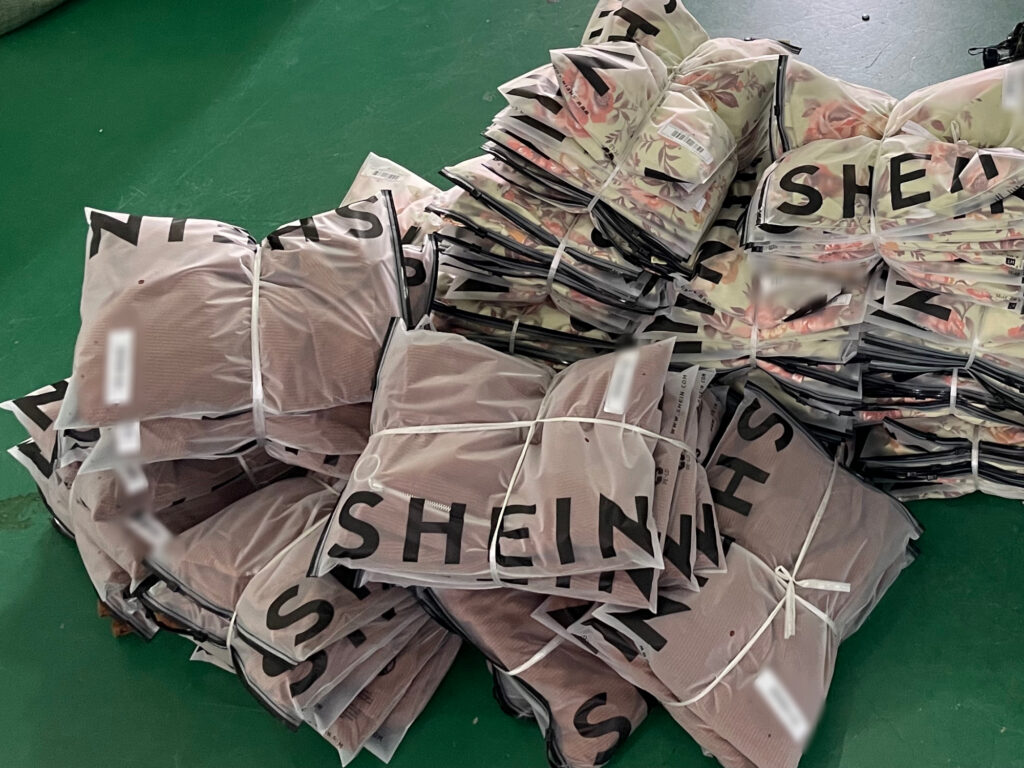

Shein is an online store that specializes in selling clothing, shoes, and accessories. The brand operates on the principle of "high quality at low prices", which has attracted millions of customers over the years. Shein attracts a large audience because it offers its consumers a wide range of products ranging from clothes to shoes to accessories at surprisingly cheap prices.
The Shein branded goods, although based in China, can be found in the US and Canada through several online shop fronts. The supremely successful brand usually targets the Gen Z crowd and has been successfully profiting through this marketing scheme. But at such cheap prices, most customers are left wondering where the Shein warehouse is, how the company makes these products, and other such information. So, today, we will try to answer these questions and learn a few things about Shein.
About Shein
The brand was started in the year 2008 under the name ZZKKO. The business was founded by Chris Xu, who is now the CEO of the company. Initially, the company was only dealing with wedding dresses but later started delving into other styles as well. This was when the name was changed from ZZKKO to SheInside. The name was later changed again in 2015, and that is how the current name was born.
The company, though based in China, targets audiences from the USA, Australia, and Canada. The customers primarily comprise GenZ women who have access to their massive social media handles. Today, the company primarily focuses on women’s clothing but dabbles in accessories, shoes, and handbags as well. Shein, at present, ships to almost 220 countries.
Shein started as a small company, but its success skyrocketed quickly in the years following its launch. By the year 2013, the company was already planning on broadening its horizons and had 100 people in its team. By 2016, the team had massive growth and comprised 800 people. The number has only grown since and now the company has approximately 10,000 people in their team. They believe in adding value to the lives of their customers, and this has only helped the company grow more and more.
Why is Shein so famous?
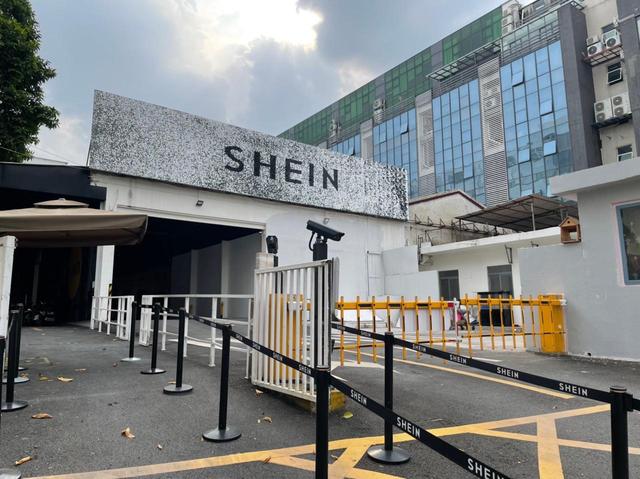
The biggest attraction for most customers is the low prices of each product on the website. The clothes a customer gets on the website can be as cheap as half the price of the ones you get on Zara or Mango. The brand has only seen a rise in revenue, and the lockdown following the Covid-19 pandemic has been beneficial for the brand as well. Customers have taken up online shopping, and it has risen their revenue by a substantial rate.
Another significant reason for the popularity of the show is the fast services they are providing. The company comes up with an average of 2800 new designs each day. This allows customers to browse through a large section of clothes and select the best for themselves. This policy works well for the predominantly Gen Z population that shops at the website. It allows them to keep up with trends, and that too at the cheapest prices in the entire market. Adding more clothes has also allowed them to cater to women of all sizes, which again adds to their revenue.
Shein also keeps updating things to Instagram, which is a widely used app among Gen Z. It enables people to keep track of what is happening with the brand and keep up with any upcoming offers or discounts that they can avail. They have constantly targeted influencers for advertising and marketing their products, which brings in more of the Gen Z crowd to buy stuff from the website. To diversify the website, it uses live-streaming to attract audiences from countries like China, where it is an effective marketing tool.
Where is the Shein Warehouse in the USA?
The company has seen a great rise in popularity in a short time and has not failed to cater to the needs of its audience. Before the year 2014, the brand did not have a supply chain. The rise in demand for supply led CEO Chris to finally build in-house designs. Today, the company works with hundreds of companies and has logistic centers in countries like Belgium and many others.
Seeing the immense popularity, it is no surprise that people are curious about the origin of the clothes at Shein. Initially, Shein warehouses were located only in China. It means that all orders were shipped from there. But slowly, as the company grew, it has opened up several warehouses in various countries to cater to their larger audience. For the US audience, the company sends all of its clothes from the Shein warehouse in Foshan, Guangdong to the one near Los Angeles. Even though the company has a longer delivery time than some of its competitors, their prices and the large collection has kept their audience hooked to the app.
But, with this comes the question of ethicality. Shein follows trends and does allow users to browse through a large collection, but can that be something more important than the labor issues that come into question with this staggering speed of production? Even though the website has stated on multiple occasions that it does not indulge in child labor and condones unfair treatment of its workers, there is not enough proof to stand by that statement. The company lacks transparency and keeps most of the information regarding production under wraps. It leaves a lot of room for doubt, confusion, and speculation about the working conditions of the workers and the pay that they are receiving at the Shein warehouse.
Shein Controversies
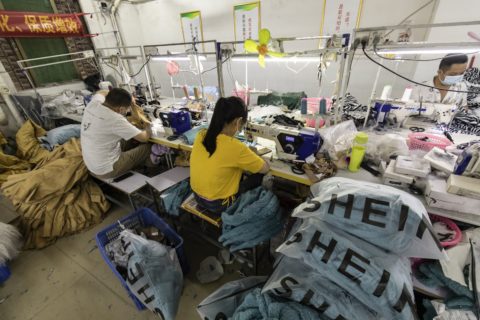
The brand launched its own reality show named Shein X 100k Challenge. The reality show was based on 30 designers who compete against each other for prize money of $100,000. The show had a star-studded judge panel which included names like Khloe Kardashian. The show allowed sales to surge immediately. But the success did not come without controversy following it. The show questions the extent to which people will go to overlook the brand’s unethical marketing and selling techniques.
Another big controversy linked to the company is the plagiarism issue. There are many pieces on the website that are blatantly copied from other artists and sold at a cheaper price. Independent artists like Emma Warren have come forward and spoken about how the brand has stolen her designs. But, this is not the only incident. The company has also been sued by Dr. Martens and Ralph Lauren for stealing designs and making similar logos. Some designs have also been labeled as insensitive. The swastika necklace and the Muslim prayer mats labeled as “frilled Greek mats” have attracted severe backlashes.
Quality is also a recurring issue with Shein. Although the clothing at Shein is not expensive, it lacks quality. The most significant reason for this can be the brand’s aim at keeping up with the ever-changing trends. As each day passes, the trends are coming and going quicker than ever before. To keep up with this trend, Shein aims at making fashion more accessible to the crowd. To make this happen, they need to lower prices, which may not be possible with high-end quality clothing.
It may sound great on paper, but if you look closely, the process only fuels pollution. The clothes may not last long because they are made from nylon, synthetic, and other such types of material. But this also means that this type of material does not decay easily. If we also consider that the brand is making around 2800 designs every day, the waste being generated from these clothes is enormous. This goes on to further question the company’s statements about manufacturing “environment-friendly” material.
Bottom Line
Shein, though a super successful fashion app, has its fair share of controversies. Some of its buyers are aware of the problems associated with the brand but still choose to buy from here because they do not have the money to invest in other brands. This again boils down to the fact that most of the audience opting for Shein are the Gen Z crowd, which consists of students who are always looking for cheap alternatives at every given point. They sometimes reluctantly have to overlook the sketchy situation at the Shein warehouses and the many other issues surrounding the brand. But this cannot take away from the fact that today, Shein is one of the biggest brands in the world.
Do you want to invest in a supply chain that is ethical and believes in the power of sustainability? Fashinza is the perfect match for your needs. The team at Fashinza understands that with each passing day, the need for manufacturers to meet the ever-changing trends is only on the rise. The company allows transparent monitoring of the production process so that you know that nothing unethical takes place.
Related Article
How To Partner With Shein Manufacturers For My Brand
Shein Vs. Zara: A Case Study on Fast Fashion
How can I start sourcing from Shein Wholesale Supplier?
How to Get in Touch with Shein Manufacturers to Produce Your Own Label?
















